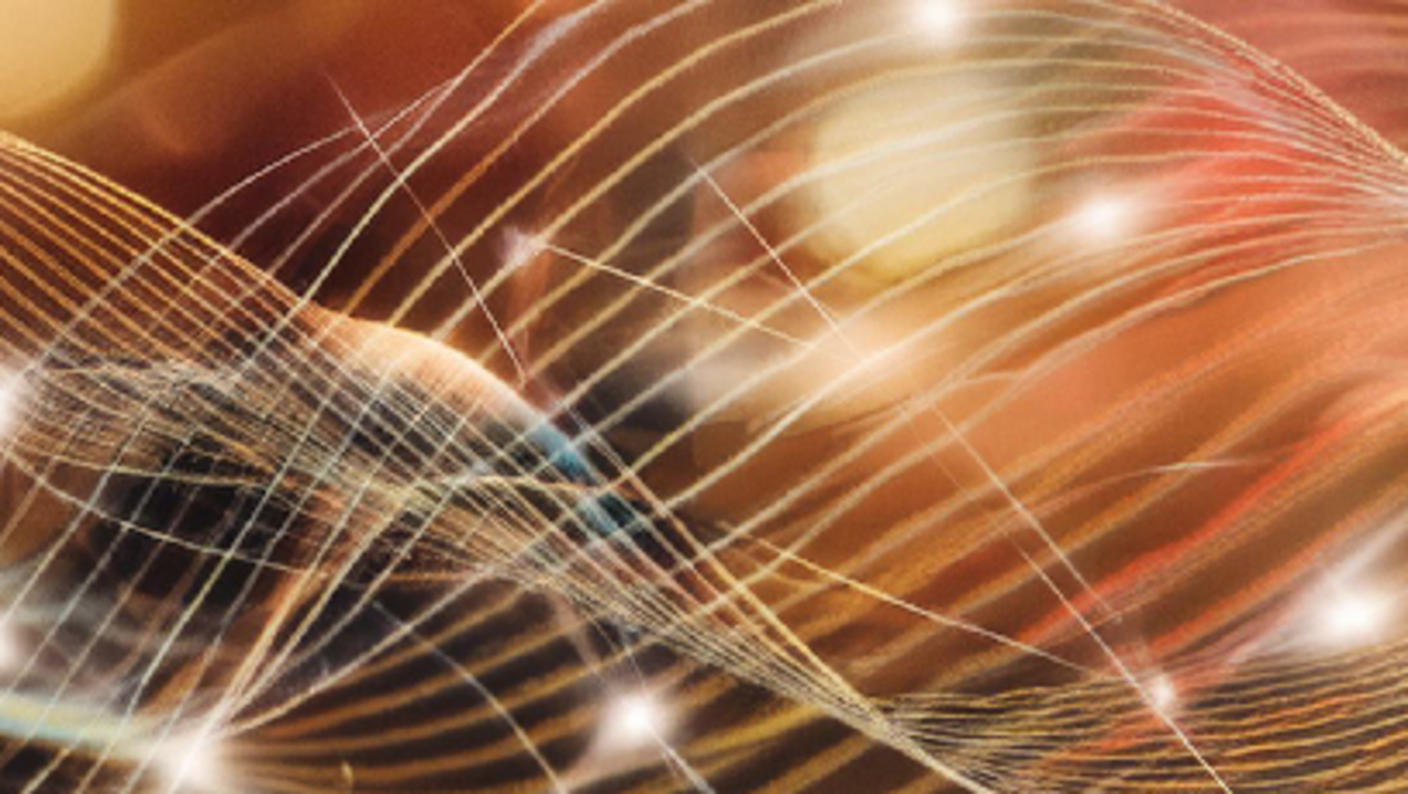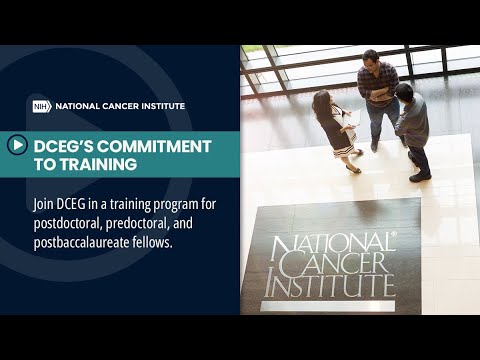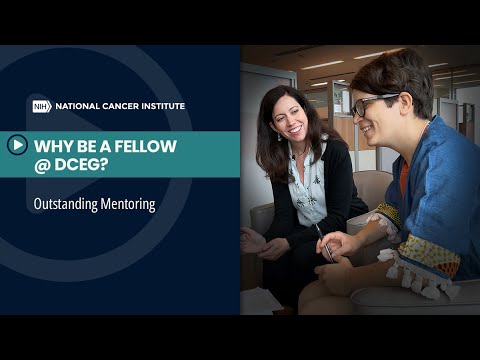Investigators in the Radiation Epidemiology Branch (REB) work with fellows to conduct research on populations exposed to a variety of ionizing and non-ionizing radiation sources. Fellows work with internationally known scientists, studying:
- Cancer risks associated with medical sources of ionizing radiation
- Cohort and case-control studies of selected cancers in the U.S. Radiologic Technologists cohort
- Studies in Japanese atomic bomb survivors
- Second primary cancers and other cancer survivorship studies
- Thyroid cancer risk factors and genetics
- Cohort study of retinoblastoma survivors
- Radiation Dosimetry to Support Epidemiologic Studies
Learn more about the Radiation Epidemiology Branch research areas.
Apply to be a Fellow in REB
Candidates for postdoctoral fellowships must hold a doctorate in medicine, epidemiology, biostatistics, medical or health physics, or related field. Familiarity with statistical software is preferred but not required. For radiation dosimetry applicants, familiarity with Monte Carlo radiation transport simulation codes, computational human phantoms, and dose measurement techniques using physical phantoms is preferred.
Fellowship applications are accepted on a continuous basis. Contact investigators in REB conducting research in your area of interest and send a copy of your CV; DCEG scientists are always on the lookout for new fellows. In addition, submit your CV to the application database so it can be reviewed by investigators across the NCI who may be searching for fellows. You can also apply for training positions with specific investigators listed below.
Training Opportunities with Specific Investigators
- Artificial Intelligence & Radiation Dosimetry with Dr. Choonsik Lee
- Radiation Epidemiology & Cancer Survivorship with Dr. Lindsay Morton
To explore training opportunities in other research areas, see a full list of the DCEG research groups on Apply for Fellowships page.
DCEG has world leading research resources in ultraviolet radiation, including cohorts and mentorship. This allows me to examine their associations of cancer, even in rare subtypes.


